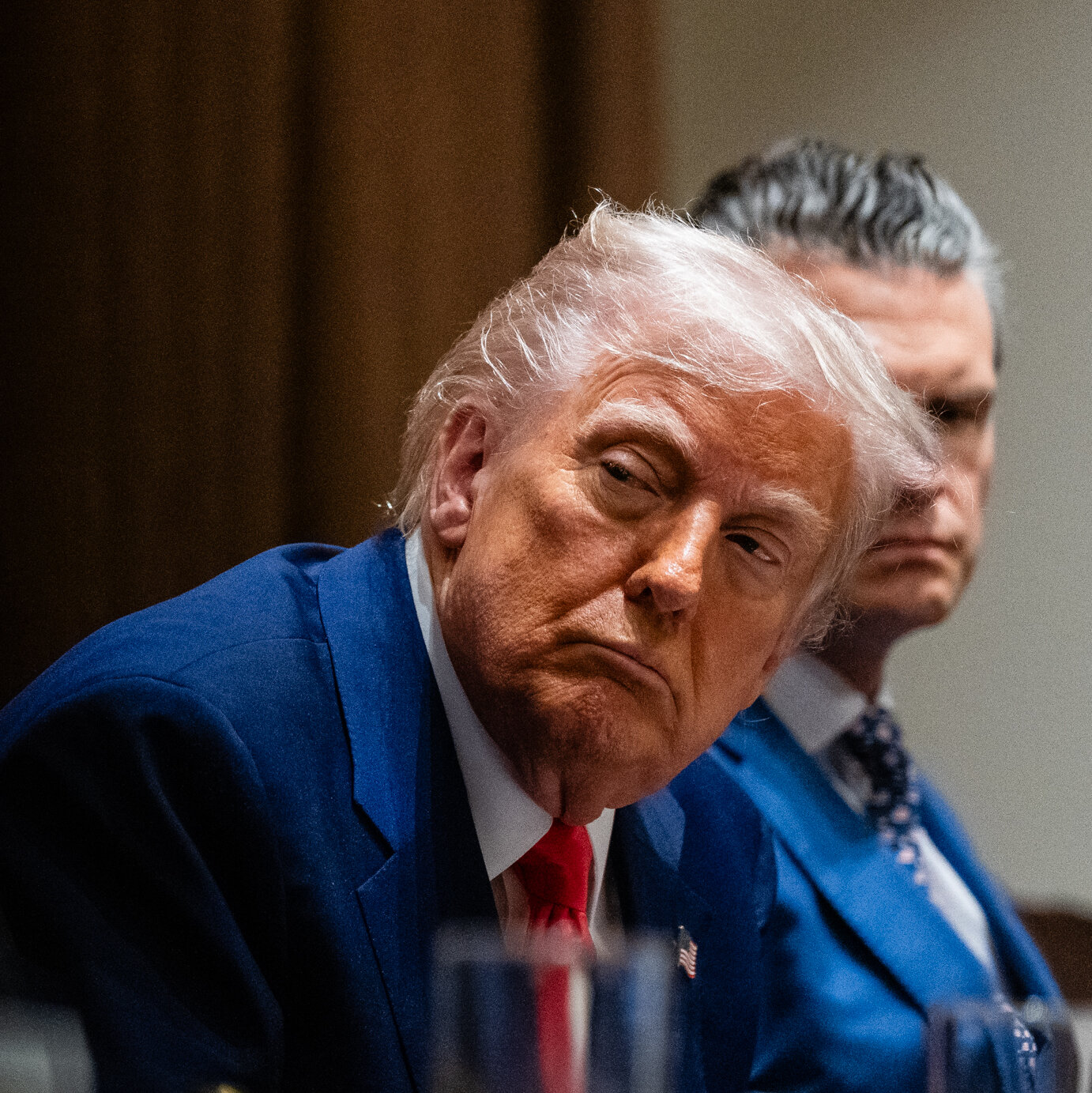
## US President Donald Trump’s Recent Announcement on Trade Tariffs Raises Industry Alarm
The latest declaration from President Donald Trump concerning trade tariffs has created ripples throughout the global pharmaceutical sector. The suggested punitive tariffs entail a 100% duty on patented and branded drugs unless a production facility within the US has been initiated. Notably, generic medicines are not subject to this tariff, while imports from the EU are projected to be limited to a 15% tariff, provided that current trade agreements are upheld.
### Consequences for Multinational Pharmaceutical Companies
On the surface, Trump’s strategy might appear to be a move to encourage multinational pharmaceutical companies, particularly those external to the EU such as those from the UK, Switzerland, Japan, and China, to set up manufacturing bases in the US. Nonetheless, this does not take into account the complex dynamics of global pharmaceutical supply chains.
As per the Biotech Industry Organization, numerous innovative smaller firms depend on contract service providers for manufacturing, and a significant number of these providers are not based in the US. This implies that a drug developed and sold by a US-based company may incur tariffs depending on its manufacturing site.
### Effects on Major Pharmaceutical Corporations
For large entities with a variety of branded drug offerings, it is impractical to produce every item locally due to economies of scale. Many operate facilities dedicated to specific products catering to regional or global markets.
### Inconsistencies with Drug Pricing Policies
Simultaneously, Trump is urging companies to lower the prices of branded drugs within the US. However, enforcing tariffs on imports could negate this effort by driving prices up. A notable exception is an arrangement with Pfizer, providing them with a three-year exemption from pharmaceutical tariffs in return for engaging with TrumpRx, a government-supported drug sales platform. Such agreements could favor firms that are closely connected with the administration, potentially putting smaller companies and patients who rely on their products at a disadvantage.
### Instability within the Pharmaceutical Sector
While Trump’s trade measures might have intensified the trend of ‘re-shoring’ manufacturing, leading to significant investments in the US, the uncertainty linked to these policies presents major hurdles. An unstable regulatory landscape makes companies reluctant to invest, as evidenced by Merck & Co’s withdrawn investment in the UK. How the industry navigates these uncertainties could significantly influence the trajectory of pharmaceutical manufacturing and global health economics.